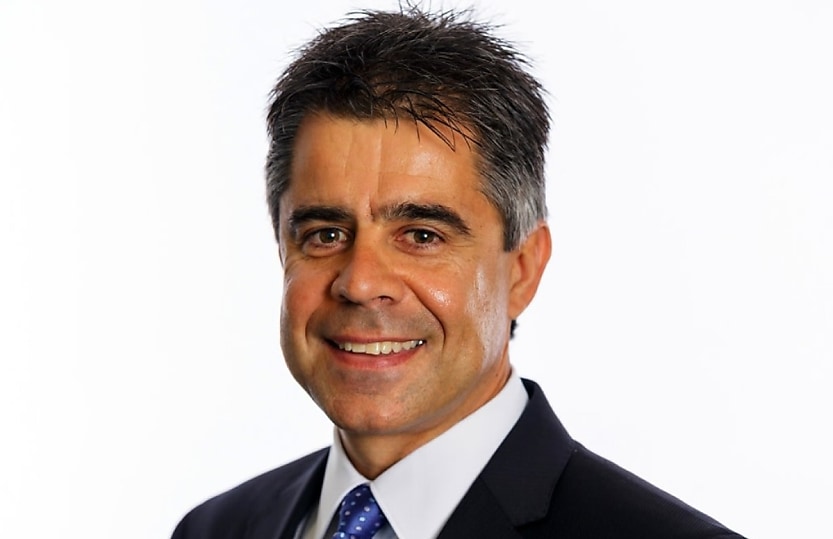$3m super tax legislation to cause ‘unintended outcomes’, SMSF industry warns

The SMSF industry has slammed draft legislation for the $3 million super tax as flawed policy but has welcomed adjustments made to the TSB definition.
The SMSF Association and SMSF services firm Heffron have criticised the government’s decision to push ahead with controversial plans to tax unrealised capital gains under its proposed tax on super balances above $3 million.
The government released further details in draft legislation for the proposed Division 296 tax yesterday which will see individuals pay additional tax on earnings on balances above $3 million.
The government confirmed that the mechanism for calculating the earnings that will be tax will be based on the movement in a member’s total superannuation balance.
This by default will include unrealised capital gains, said Heffron managing director Meg Heffron.
SMSF Association chief executive Peter Burgess said this will give rise to many unintended consequences, defy long-standing principles of the tax system and will result in outcomes inconsistent with the stated objective of the new tax.
“The stated objective of clawing back tax concessions afforded to high-wealth superannuants is to reduce the revenue lost due to existing concessions,” said Mr Burgess.
“It shouldn’t be to impose a new tax which, for some, will not only claw back those concessions, but result in more tax being paid then would have been the case if there were no concessions.
“For example, there will be scenarios where the inclusion of unrealised capital gains results in taxpayers paying an implicit rate of tax on taxable super earnings exceeding the highest marginal tax rate.”
The SMSF Association said that unrealised capital gains could be removed from the calculation of earnings if actual allocated taxable earnings were used as the measure of earnings instead.
“It would avoid the many unintended consequences and bizarre outcomes that will arise by combining two entirely different concepts of taxable income for the same entity,” said Mr Burgess.
“It would also avoid the complexities associated with having to exclude certain withdrawal and contribution transactions from the calculation of earnings and avoid the proposed convoluted system of carried forward negative earnings.”
Mr Burgess said the adjustments made to the definition of the total super balance and the definition of a withdrawal and contribution for the purposes of the new tax, were some small wins for the industry.
Ms Heffron explained that the draft legislation has redefined and simplified the total superannuation balance.
“For this tax only, total superannuation balance won’t include the special amounts some SMSF members with Limited Recourse Borrowing Arrangements have added back to their normal balance,” said Ms Heffron.
Changes in the draft legislation also mean that the total superannuation will no longer be calculated by referring back to the transfer balance account for pension interests. This will be the case for any purpose, not just the new Division 296 tax.
“This will have interesting flow on impacts. We need the regulations to know for sure but it seems defined benefit pensions will be revalued every year for both this tax and all the other areas in which total superannuation balance is relevant (for example, in calculating the amount of non-concessional contributions a member can make).”
The draft legislation also provided details on what amounts will be included in contributions and withdrawals.
“Some of the issues we were concerned might be missed were not. For example, earnings will be specifically adjusted to reflect the fact that increases in a member’s balance arising from inheriting super pensions, receiving transfers from a partner or ex partner’s superannuation and insurance payouts are not earnings and shouldn’t be subject to the tax,” said Ms Heffron.
“Interestingly, even amounts allocated from reserves will be excluded from earnings.
“The amounts “added back” to earnings for clients who have made withdrawals from superannuation are similarly sensible.”
Ms Heffron said the carve out for anyone who has received a structured settlement amount that has been contributed to super also makes sense.
“The government will not chase deceased members for Division 296 taxes that would otherwise be incurred in the year of death. A member who dies before the end of the year will be deemed to have a $nil tax regardless of what’s happened to their super during the year,” she said.
“Don’t forget, though, that if their balance has been left in super but transferred to a spouse (for example, a reversionary pension or a death benefit pension) it will be counted in the inheriting spouse’s $3 million. So, this carve out is only relevant for people whose super is still waiting to be dealt with at the end of the year.”
The SMSF Association said there were a broad range of issues it would like to raise with government and Treasury but the short consultation period would make it difficult.
Mr Burgess said he expects the legislation will likely be introduced into Parliament before the end of the year.
About the author

